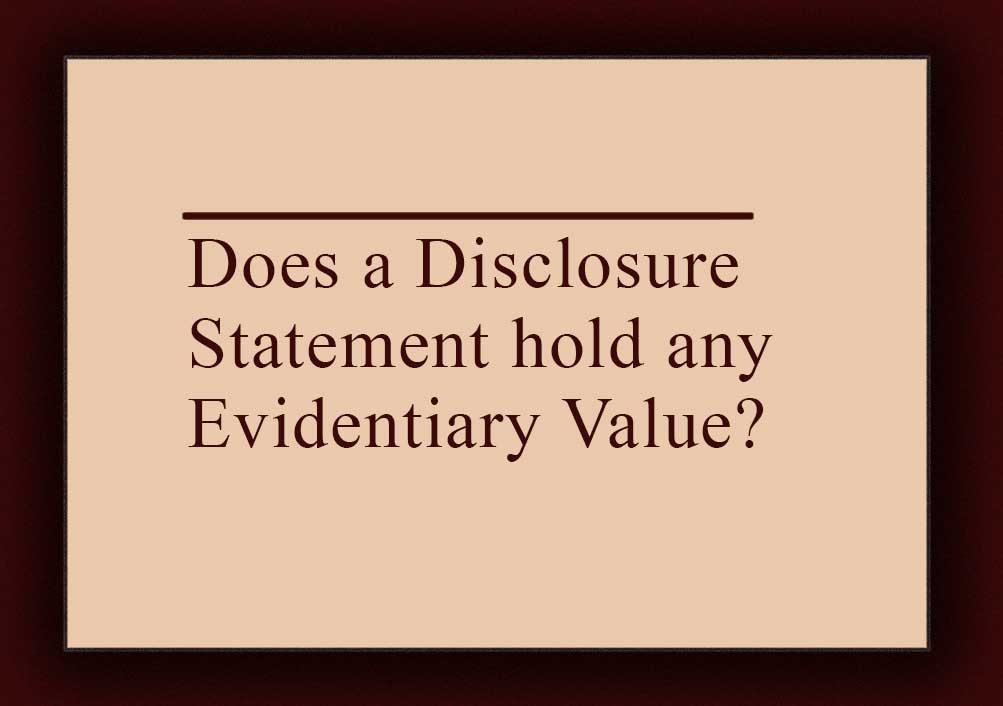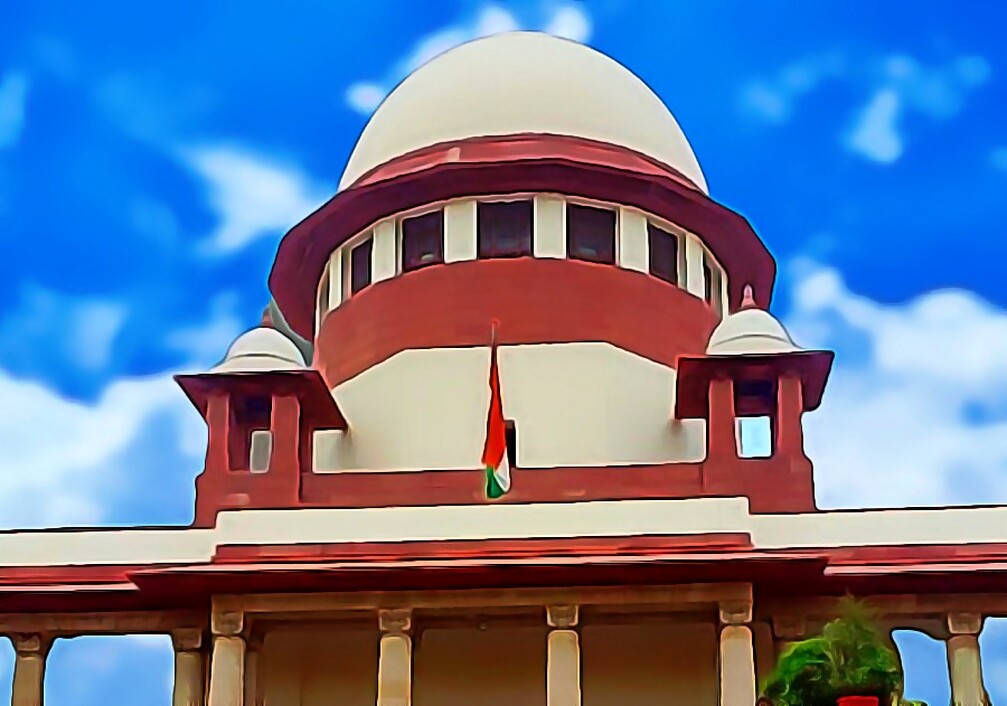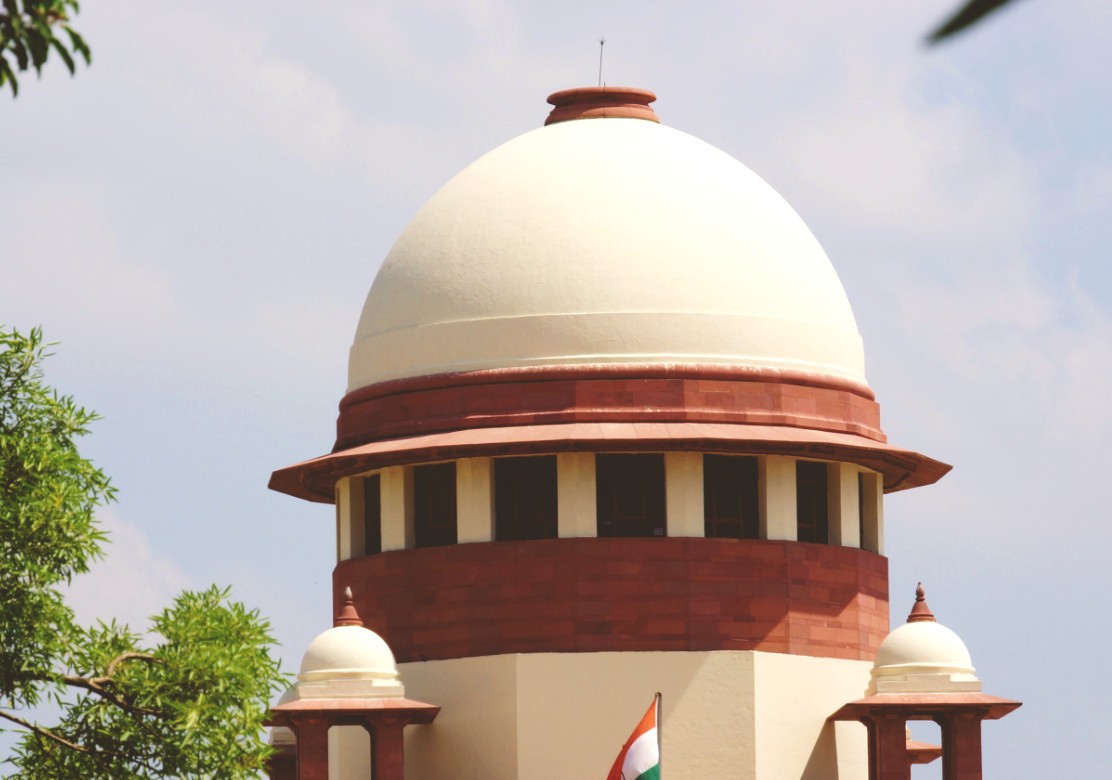Case laws on the point: whether a Disclosure Statement holds any Evidentiary Value.

Case Laws:
1. Rajiv Phukan & Another v. The State of Assam : Gauhati High Court
What emerges from the discussion is that section 27 of the Evidence Act does not provide for writing the information, which may have been given by an accused. Hence, the information can be verbal and also be proved against the accused, who gives the information. But when the verbal information given by the accused is not deposed to by the Investigating Officer or when the Investigating Officer does not depose as to what exactly the accused had stated before him, section 27 would not apply as there would be, strictly speaking, no proof of disclosure statement.
Section 27, in such a case, becomes inapplicable not because of the fact that no written record has been proved as regards the disclosure statement, but because of the fact that the Court does not know as to what the accused had stated, which led to the discovery of the fact… Where a disclosure statement is made subsequent to the discovery of a fact, the disclosure statement cannot be proved under section 27, for, a disclosure statement, whether it amounts to confession or not, would be relevant only when the statement precedes the discovery of fact.
https://www.legitquest.com/case/rajiv-phukan–another-v-the-state-of-assam/71CBD
2. Mehboob Ali v. State Of Rajasthan : Supreme Court
For application of section 27 of Evidence Act, admissible portion of confessional statement has to be found as to a fact which were the immediate cause of the discovery, only that would be part of legal evidence and not the rest. In a statement if something new is discovered or recovered from the accused which was not in the knowledge of the Police before disclosure statement of the accused is recorded, it is admissible in the evidence.
https://www.legitquest.com/case/mehboob-ali-v-state-of-rajasthan/955C7
3. Indra Dalal v. State of Haryana : Supreme Court
The provision absolutely excludes from evidence against the accused a confession made by him to a police officer. This provision applies even to those confessions which are made to a police officer who may not otherwise be acting as such. If he is a police officer and confession was made in his presence, in whatever capacity, the same becomes inadmissible in evidence. This is the substantive rule of law enshrined under this provision and this strict rule has been reiterated countlessly by this Court as well as the High Courts.
https://www.legitquest.com/case/indra-dalal-v-state-of-haryana/920E8
4. Monu alias Sandeep v. State : Delhi High Court
Learned counsel for the petitioner submits that the petitioner has been falsely implicated. He submits that apart from alleged disclosure and confessional statements of the accused, there is no material to connect the petitioner with the subject offence…
Learned counsel for the petitioner further submits that consequent to the alleged disclosure/confessional statements, there is no recovery of any incriminating evidence/material, as such, the disclosure statements are inadmissible in evidence…
Without commenting on the merits of the case and keeping in view the totality of facts and circumstances, the court was of the view that the petitioner has made out a case for grant of regular bail.
Sign up for our weekly newsletter to stay up to date on our product, events featured blog, special offer and all of the exciting things that take place here at Legitquest.




Add a Comment